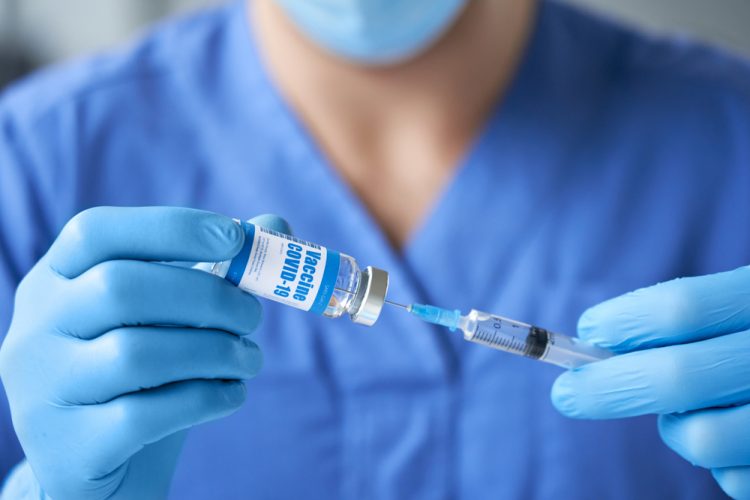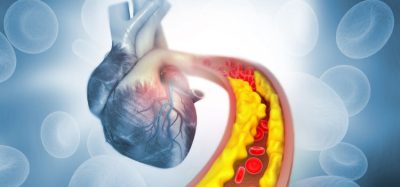Janssen COVID-19 Vaccine can protect against variants of concern
Posted: 10 June 2021 | Hannah Balfour (European Pharmaceutical Review) | No comments yet
Trial shows the single-shot Janssen COVID-19 Vaccine generates robust immune responses against several COVID-19 variants.


A new study evaluating the antibody and cellular immune responses generated by immunisation with the single-shot Janssen COVID-19 Vaccine suggests the vaccine is effective at preventing infection with the original SARS-CoV-2 viral strain and variants of concern.
SARS-CoV-2 is the virus which causes COVID-19 and since its emergence in China in 2019 it has undergone genetic mutations, changing its surface structure, as well as its transmissibility, in some cases. There are currently four variants of concern (VOCs), recently renamed with Greek letters by the World Health Organization (WHO), including Alpha (originally B.1.1.7) – the variant first identified in Kent, UK in December 2020; Beta (B.1.351) – identified in South Africa, also in December 2020; Gamma (P.1) – first identified in Brazil in January 2021; and Delta (B.1.617.2) – first identified in April 2021 in India. VOCs are classified by their ability to increase transmissibility, virulence or symptomology and potentially limit the effectiveness of public health measures such as vaccines. There are also six variants of interest (VOIs) – Epsilon through Kappa – which are not believed to be likely to cause changes in vaccine/treatment efficacy etc but will be monitored.
Vaccines currently authorised for emergency use to protect against COVID-19 were developed earlier in the pandemic, against earlier or ancestral strains. Since then, questions have arisen around their continued efficacy against these VOCs and VOIs because the mutations mean the structure of the SARS-CoV-2 surface proteins, which the vaccines prime an immune response against, are altered.
In a new study, immunologist Dr Dan Barouch, Director of Beth Israel Deaconess Medical Center (BIDMC)’s Center for Virology and Vaccine Research, US, and colleagues reported on the ability of the immune response induced by Janssen’s COVID-19 Vaccine to combat viral variants.
To explore the immunogenicity of the vaccine, Barouch and colleagues at BIDMC administered one or two doses of Johnson & Johnson’s investigational vaccine to 20 volunteers between the ages of 18 and 55. All volunteers were participants of a larger multi-centre, randomised, double-blind, placebo-controlled Phase I/IIa study to evaluate the vaccine at various doses and schedules. The researchers then used multiple methods to assess antibody and cellular immune responses against the original viral strain (WA1/2020) and against the Alpha, Beta and Gamma VOCs and Iota (B.1.526) VOI first identified in California in March 2021.
The researchers reported that, when compared to antibody responses against WA1/2020, the data showed 5.0- and 3.3-fold lower neutralising antibody titers against the Beta and Gamma strains, respectively. Median binding antibody titers were 2.9- and 2.7-fold lower against the Beta and Gamma variants, respectively, compared with WA1/2020. In contrast, non-neutralising antibody responses and T cell responses were minimally impacted or not impacted by SARS-CoV-2 variants. However, the authors suggest that these non-neutralising antibodies and/or T cells may confer some protection against COVID-19, they said this was demonstrated by the published Phase III data which showed the vaccine offered strong protection against symptomatic COVID-19 in South Africa and in Brazil, where most sequenced COVID-19 cases were caused by variants.
“Although the mechanistic correlates of protection for COVID-19 are not yet known, the vaccine’s robust protective efficacy in these regions raises the possibility that non-neutralising antibodies and/or T cell responses may also contribute to protection,” said Barouchd. “Alternatively, it is possible that low levels of neutralising antibodies are sufficient for protection against COVID-19.”
The study was published in Nature.
Related topics
Antibodies, Biologics, Immunisation, t-cells, Vaccines, Viruses
Related organisations
Beth Israel Deaconess Medical Center (BIDMC), Janssen Pharmaceutical Companies of Johnson & Johnson









